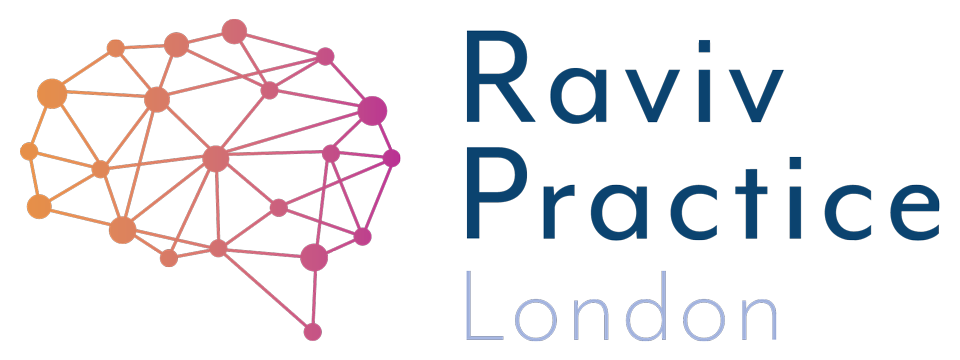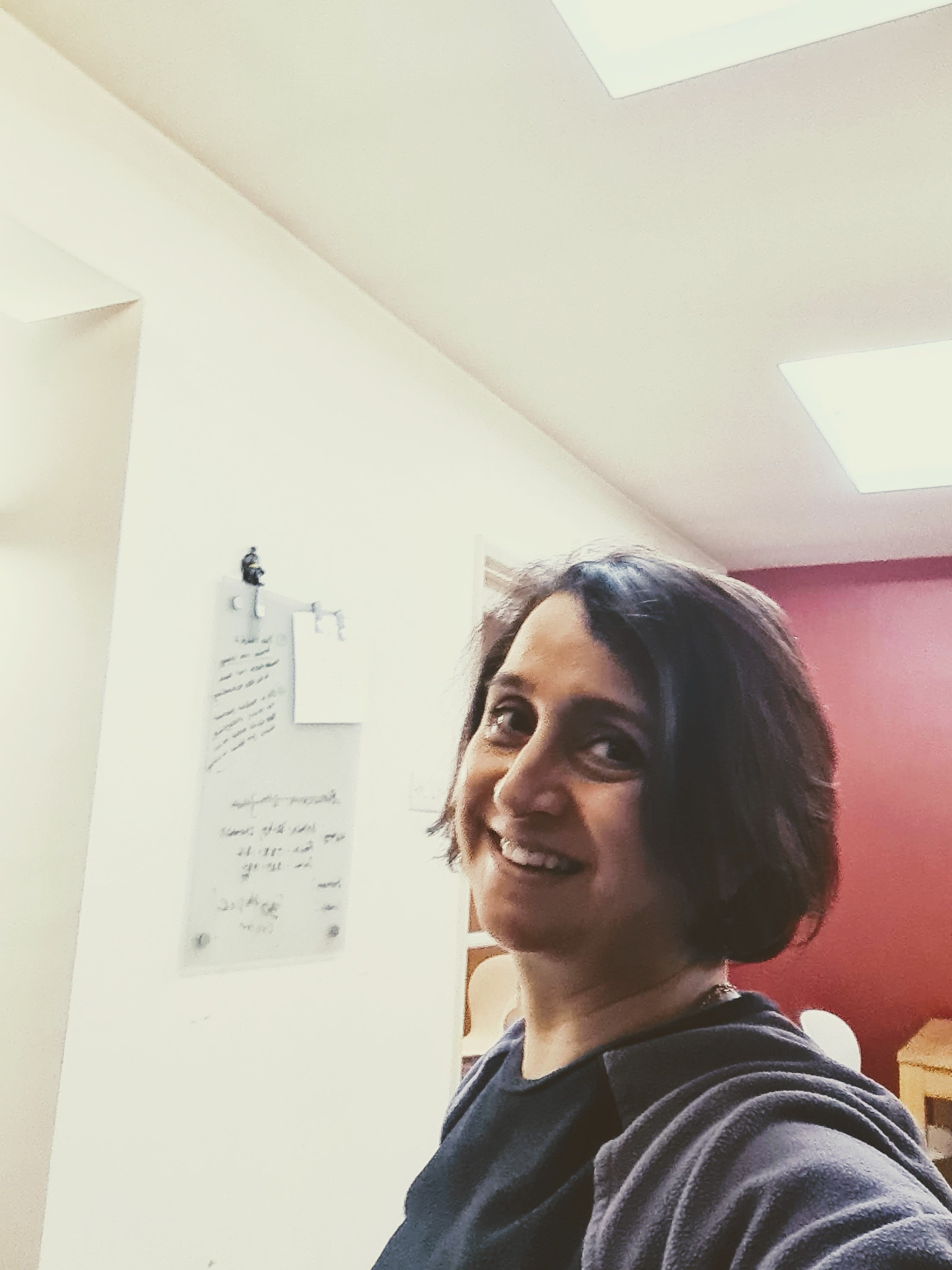The Safe and Sound Protocol (SSP) - how many days does it take?
The Safe and Sound Protocol (SSP) - how many days does it take?
If you are here reading this blog post, you may be searching for information on the duration of the SSP program. You may also need clarification on the program's number of modules. If you have completed the SSP program before, you may find that the number of modules has increased, and you want to know how this affects the duration. Perhaps you need some advice and clarification on selecting the most suitable SSP practitioner for you or your child. This post will answer your many questions.
History of the Safe and Sound Program
Dr Stephen Porges developed the Safe and Sound protocol following his groundbreaking discovery of the Polyvagal Theory which describes how our vagus nerve plays a huge role in emotion regulation, social connection and fear response. The Safe and Sound Protocol (SSP) is a non-invasive, acoustic, vagus nerve stimulator that helps individuals (via a qualified practitioner) easily connect with themselves and others. It can greatly help to reduce the trauma effect in both children and adults.
“We are just one provider that seeks to provide SSP with a sound understanding, and in a safe environment. We only accept clients that have a good fit for us for our services.”
How does SSP work?
Different therapists use SSP in different ways. Many established therapists use a module called 'Core', which is the base therapy programme, as well as a preceding module called ‘Connect’, and a post-therapy module called ‘Balance’. The Core module is usually made up of Popular Music from different decades, though a classical music version was also released by the creators in 2022.
Your smartphone acts as the music player on which all modules are played. All tracks are pre-selected by your therapist, who also guides you through the therapy—the relevant modules are downloaded via an app used on the smartphone, and the SSP student works with the therapist via zoom or face-to-face. While each module is 300 minutes, the therapist will tailor the duration of the programme to suit each candidate. The course can be five days, fifteen days, twenty-five days or longer, depending on the individual’s circumstances and needs.
“Raviv Practice London was one of the very first providers of SSP in the UK”
How to choose the right practitioner
We have been using SSP since 2018 and were among the first to do so in the UK. For those looking to shop around, we wanted to help you understand how to navigate finding the right person for your circumstances.
When searching for an SSP practitioner, you should be looking for someone who:
Listens to your problem(s)
Has been using SSP with success for many years (we started in 2018)
Allows you to complete all the intake forms and have them reviewed before you part with any money
Is an expert in their field, be it a nutritionist, trauma specialist, or psychotherapist. At Raviv Practice London, we specialise in children with special educational needs and related trauma.
Be wary of those that insist
Most good therapists will listen to your reasons for wanting to do SSP and match your needs with their expertise. At Raviv Practice London, we are not psychotherapists and will send adult clients with a history of trauma to others more suited. We are not a catch-all for every type of individual coming to us.
Be very cautious of practitioners who do the hard sell without doing due diligence to learn about your situation. Only sometimes will you need to do the preceding ‘Connect’ module. An experienced therapist can work with you doing the Core program and make it safe.
Why do some therapists not offer the ‘Connect’ module as part of their service?
When SSP first came out in late 2018, the providers (primarily, highly trained professionals) of the time realised they should only allow their clients to do SSP after first warming them up. At Raviv Practice London, we did a few weeks of the following before starting the programme with any client:
Coherent breathing. What is coherent breathing?
Listening to soothing Music. Music with specific melodies
Vagus nerve work. What is vagus nerve work?
Read a few books on polyvagal theory. The Polyvagal Theory
The above selection of activities helped warm the client up to doing SSP, which comprised of just the Core Module as it is known now.
As mentioned before, Raviv Practice London was one of the very first providers of SSP in the UK. We do not train new SSP providers or offer group sessions, and we are not professing to represent the entire country (though we can work remotely via zoom). We are just one provider that seeks to provide SSP with a sound understanding, and in a safe environment. We only accept clients that have a good fit for us for our services.
Improving our service as SSP providers!
As the director of Raviv Practice London, I have been able to reach out to experienced therapists and learn from them. In March 2023, I trained with Dr Liz Charles on her SSP Sensitive Approach, which was all about allowing users to learn about their nervous system in a safe environment.
Dr Liz Charles is a highly reputable SSP provider, who is very highly regarded by Dr Stephen Porges, himself. Having this opportunity to learn from a giant in the SSP World, and be aligned with her method of delivering the programme, will be a great asset to my clients in the future. I consider this training, and all my other continued professional development, to be an important part of my commitment to my existing and future clients.
If you or your child suffers from anxiety, let's have a chat, and see how SSP can help.
Dyslexia? Dyspraxia? ADHD? ASD? Speech & Language? Developmental Delay? Anxiety?
Is every school day a struggle? As a parent, you may feel exhausted and on this journey alone. Each year you see the gap getting wider. You need to do something - change the approach, help your child learn for themselves, find a way to turn this around before it is too late and they won’t listen - do this NOW. the first step is free.
About the Author
Usha Patel is a Neurocognitive Therapist and Director at Raviv Practice London. Parents searching to help their suspected/neurodiverse child can get evidence-based solutions with results in as little as 8 weeks. Those in search of jargon-free help can get started straight away.



